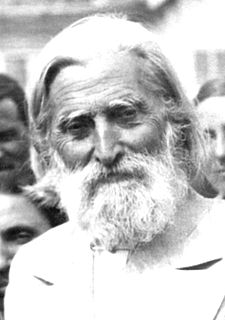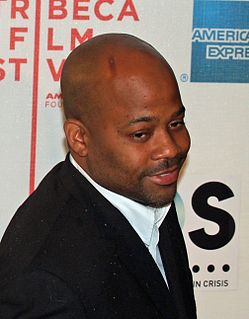A Quote by Ernest Hemingway
Every man's life ends the same way. It is only the details of how he lived and how he died that distinguish one man from another.
Related Quotes
Yes...how else could Demandred explain the skill of the enemy general? Only a man with the experience of an ancient was so masterly at the dance of battlefields. At their core, many battle tactics were simple. Avoid being flanked, meet heavy force with pikes, infantry with a well-trained line, channelers with other channelers. And yet, the finesse of it...the little details...these took centuries to master. No man from this Age had lived long enough to learn the details with such care.
Every life is inexplicable, I kept telling myself. No matter how many facts are told, no matter how many details are given, the essential thing resists telling. To say that so and so was born here and went there, that he did this and did that, that he married this woman and had these children, that he lived, that he died, that he left behind these books or this battle or that bridge – none of that tells us very much.
Economics is a theoretical science and as such abstains from any judgement of value. It is not its task to tell people what ends they should aim at. It is a science of the means to be applied for attainment of ends chosen, not, to be sure, a science of the choosing of ends. Ultimate decisions, the valuations and the choosing of ends, are beyond the scope of any science. Science never tells a man how he should act; it merely shows how a man must act if he wants to attain definite ends.
For a man can lose neither the past nor the future; for how can one take from him that which is not his? So remember these two points: first, that each thing is of like form from everlasting and comes round again in its cycle, and that it signifies not whether a man shall look upon the same things for a hundred years or two hundred, or for an infinity of time; second, that the longest lived and the shortest lived man, when they come to die, lose one and the same thing.
Waste cannot be accurately told, though we are sensible how destructive it is. Economy, on the one hand, by which a certain income is made to maintain a man genteelly; and waste, on the other, by which on the same income another man lives shabbily, cannot be defined. It is a very nice thing; as one man wears his coat out much sooner than another, we cannot tell how.
Every human being lived behind an impenetrable wall of choking mist within which no other but he existed. Occasionally there were the dim signals from deep within the cavern in which another man was located so that each might grope toward the other. Yet because they did not know one another, and could not understand one another, and dared not trust one another, and felt from infancy the terrors and insecurity of that ultimate isolation there was the hunted fear of man for man, the savage rapacity of man toward man.
So how do you fall in love with life? The same way you fall in love with another person -- you adore everything about them! You fall in love with another person by seeing only love, hearing only love, speaking only love, and by feeling love with all your heart! And that is exactly how you use the ultimate power of love in love with life.
How do I know that loving life is not a delusion? How do I know that in hating death I am not like a man who, having left home in his youth, has forgotten the way back?...someday there will be a great awakening when we know that this is all a great dream. Yet the stupid believe that they are awake, busily and brightly assuming they understand things, calling this man ruler, and that man a herdsman- how dense!







































